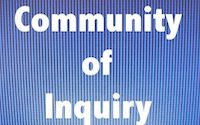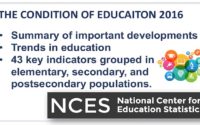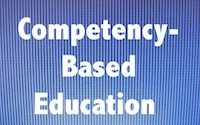
Revising the Community of Inquiry Framework for the Analysis of One-To-One Online Learning Relationships
In online learning research, the theoretical community of inquiry framework has been used extensively to analyze processes of inquiry among learners and instructors within a community. This paper examines a special case of community of inquiry consisting of only one learner and one instructor. Together they engage in an online coaching discourse to form a […]















